WASHINGTON – A deadly shooting in Southeast D.C. on Sunday afternoon marked the city’s seventh homicide since President Trump’s federal crime emergency order took effect on August 11.
The Shooting
Police said the incident occurred around 3 p.m. near the 2600 block of Birney Place. The victim, identified as 20-year-old Najii Mercer of Oxon Hill, Maryland, died from his injuries.
Authorities are searching for three juvenile males believed to be connected to the killing. As of Sunday night, no arrests had been made.
Violence Amid Federal Oversight
The shooting comes just days before the federal crime emergency—declared by President Trump—reaches its expiration date. The order placed the D.C. Metropolitan Police Department under federal oversight and deployed National Guard troops throughout the city.
Over the weekend, thousands of residents took to the streets, rallying against what they see as a federal overreach into local governance. Protesters voiced concerns that the move undermines D.C.’s Home Rule and civil rights.
White House vs. Critics
Critics argue the president’s order violates federal law, stripping the city of its authority to manage its own police force. The White House, however, insists Trump acted within his constitutional authority to ensure public safety in the nation’s capital.
The National Guard is slated to remain in Washington until at least November 30. Beyond patrol duties, Joint Task Force D.C. has confirmed that troops are also carrying out community tasks such as trash collection, mulching, and fence painting—primarily in Hains Point and Rock Creek Park.
Political and Legal Battles Ahead
Congress is not expected to vote on an extension of the federal crime emergency, but the House Oversight Committee will begin reviewing more than a dozen related bills this week.
Scheduled to meet Wednesday, the committee will consider proposals that could significantly reshape governance in D.C., including:
-
Granting the president sole authority to appoint local judges.
-
Giving the president control over selecting the D.C. attorney general.
These measures have already sparked strong opposition from local leaders, who warn they would strip residents of vital democratic rights.
Growing Concern for Public Safety
As D.C. struggles with ongoing violence, the federal intervention remains controversial. Supporters claim it is necessary to restore order, while opponents see it as a dangerous precedent undermining local autonomy.
For the family of Najii Mercer and others living with the daily reality of gun violence, the debate over jurisdiction offers little immediate comfort. With the crime emergency nearing expiration, the city faces renewed questions about whether federal oversight has helped—or deepened—D.C.’s challenges.

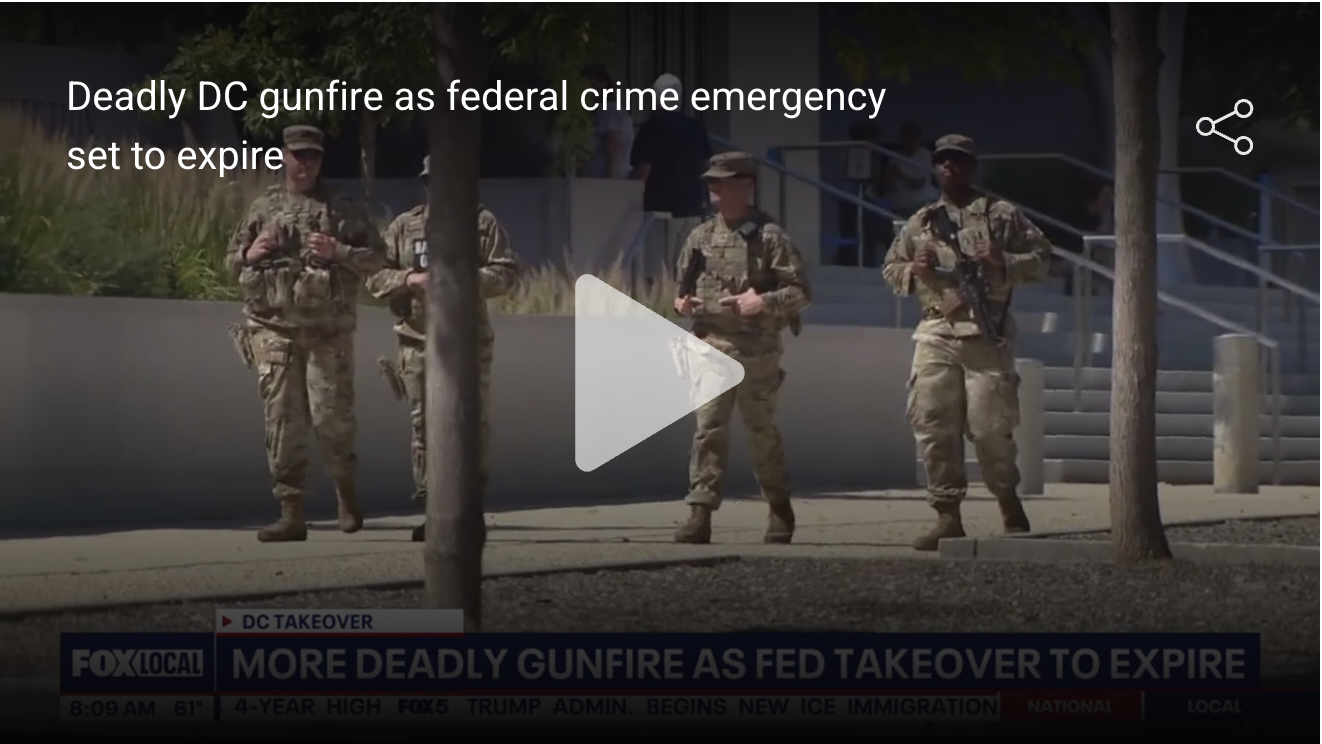

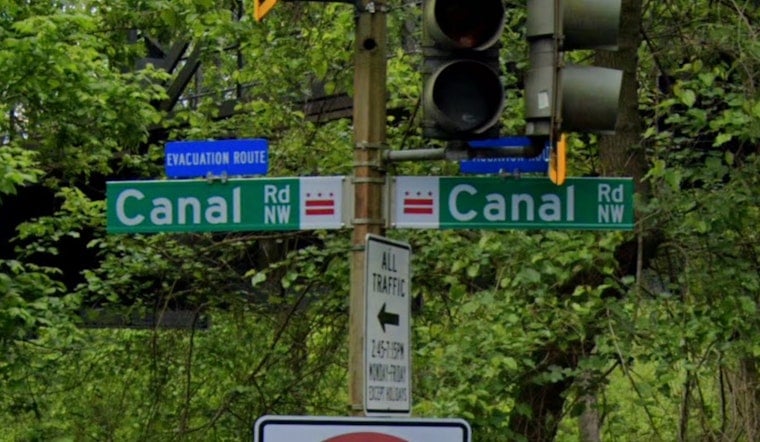
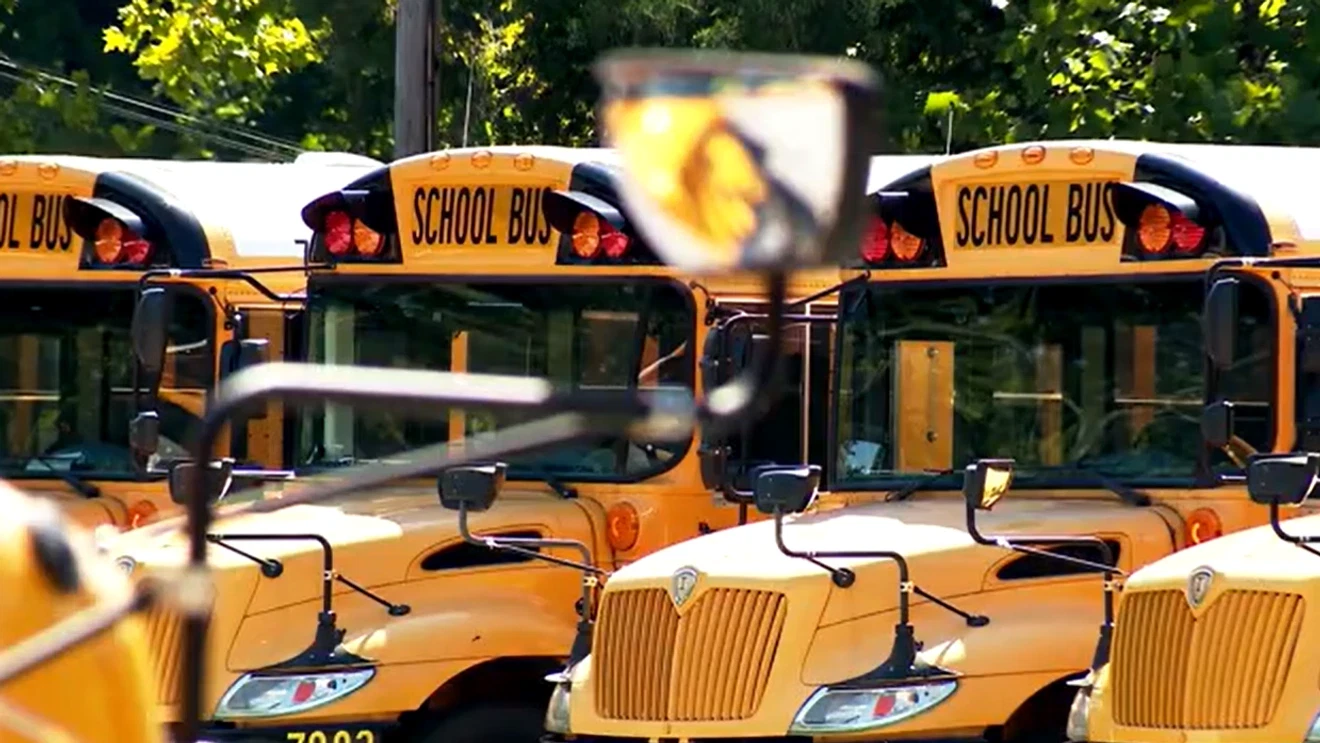
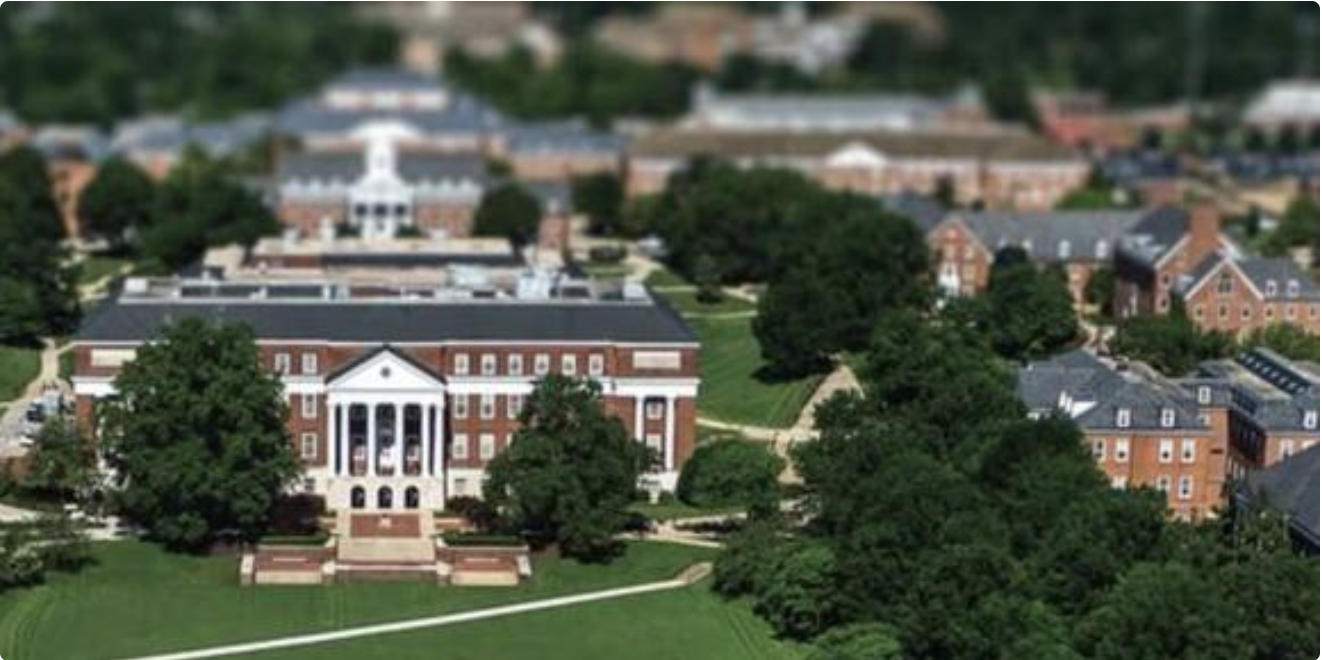
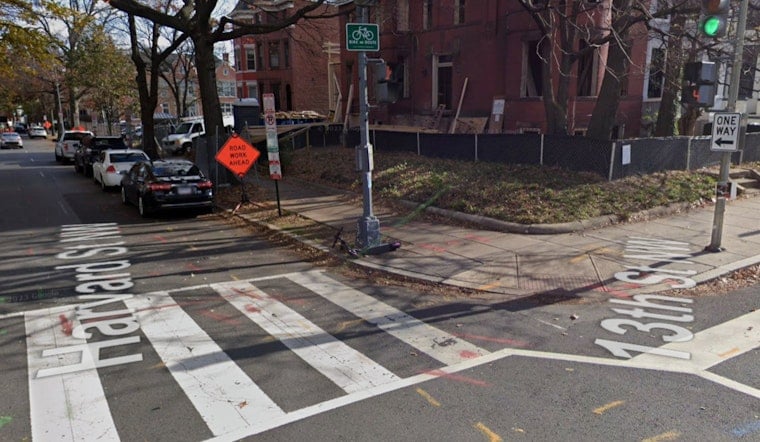

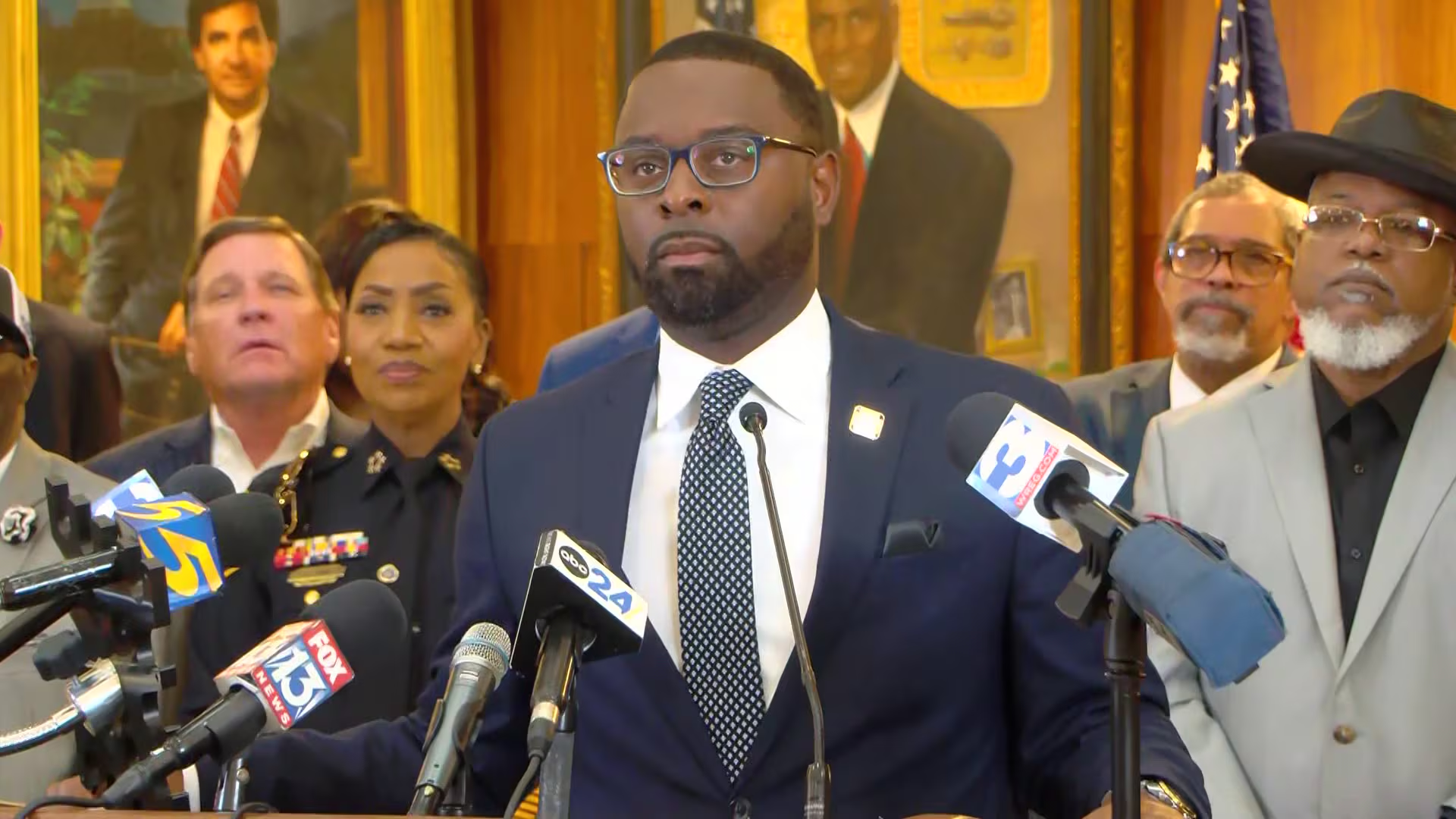
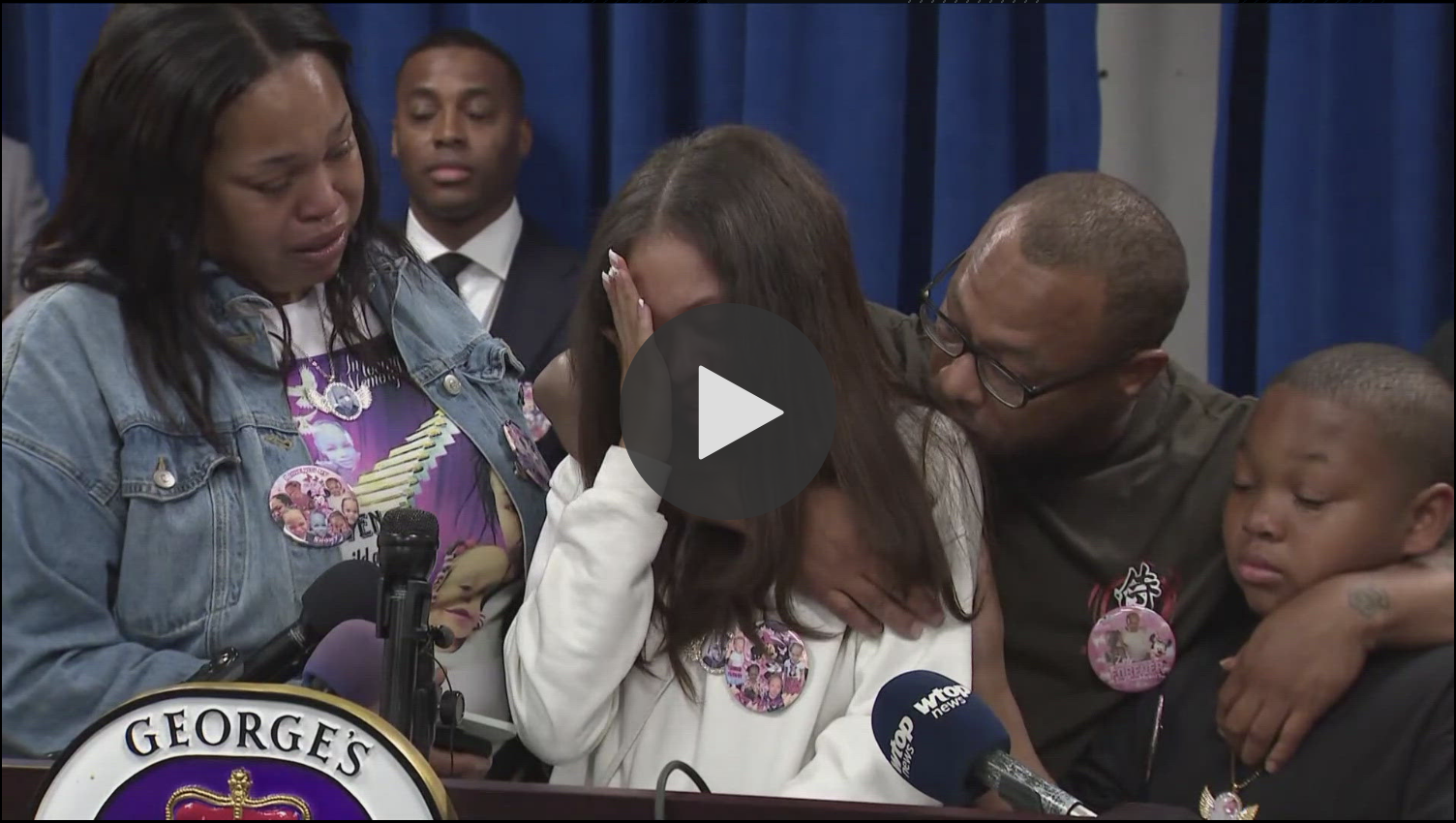

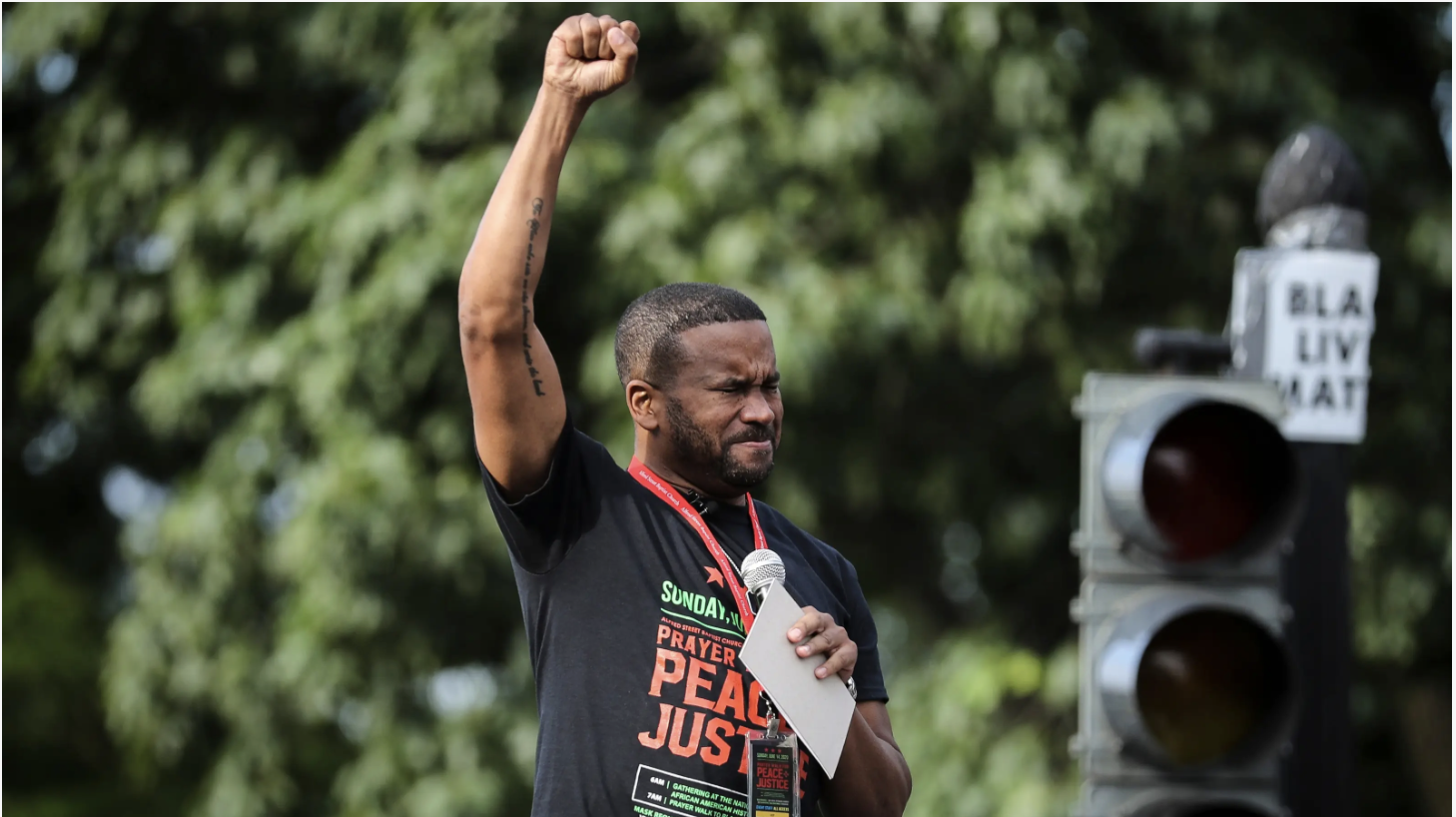
Leave a Reply